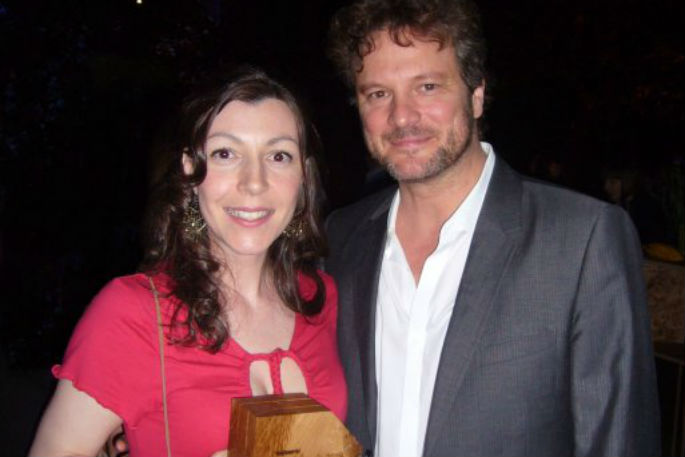Over the holidays you may have noticed several stories on the issue of Greenwashing including the news that fashion giant H&M had withdrawn sustainability claims after a Consumer NZ investigation.
Consumers place increasing importance on the environmental and social credentials of their purchases and much of the green market claims arena is currently loose and based on trust.
Green Wash is an attempt to mislead consumers about the ethics of a company, product or service with the UK’s Competition and Markets Authority estimating that around 40% of green claims could be misleading.
The European Union has proposed regulations that would require entities to officially substantiate claims with a life cycle assessment, and if that goes through it will only be a matter of time before NZ exporters to the EU are required to follow through.
How can business in New Zealand avoid Green Wash?
- Follow the Commerce Commission guidance under the Fair Trading Act 1986
The New Zealand Commerce Commission has been taking the issue of Green Wash seriously and in 2020 released the Environmental Claims Guidelines to support the FTA which advised businesses to:
- be truthful
- be accurate
- be specific
- substantiate claims
- use plain language
- not exaggerate
- take care when relying on tests or surveys
- Get green claims independently verified by a credible third party
This could be through its annual reporting process or a product specific verification programme.
The Sustainable Business Network New Zealand provide a comprehensive list of certification programmes currently operating.
What can consumers do to avoid Green Wash?
- Only trust claims that are verified through a third-party auditor, programme or certificate.
- Check for sign offs and dates on an audit report, annual report or certificate or serial numbers of the certification or label – these should be transparent and traceable online.
If a company cannot do the above then the claim is simply their word.
- If in doubt use your right as a consumer to make a quick complaint to the commerce commission and let them check it out for you.
Anna being presented with an award for her work with Green Impact by Colin Firth
This post introduces the first of our guest bloggers, Anna D’Arcy. Anna is a director of ESG Audit and founder of Green Impact, a UN Educational Laureate. She has previously lectured on ethical certification and labelling programmes at the University of London. She lives in Wellington.
If you would like further information on greenwashing or ethical marketing you can search WCL’s suite of business databases and online resources. Access to databases is available with your library registration.
Within the book collection we have the following books both recommended by Anna :
Sustainable marketing : how to drive profits with purpose / Carvill, Michelle
“In the modern age of authenticity and transparency, consumers are no longer content with brands that are dismissive of, or even apathetic to, sustainability. Brands are now expected to convey understanding and concern when it comes to matters such as climate change, carbon footprints and employee welfare. Most importantly of all, they must be genuinely committed to these standpoints – remaining consistent and proactive in their principles. With the rise of more conscious consumers and the belief-driven buyer, organizations ignore sustainability and the spirit of ‘doing good’ at their own peril. From three marketing experts with decades of experience between them, Sustainable Marketing delivers the new benchmark for modern marketing. This book clarifies the importance of the sustainable approach before providing a comprehensive guide to implementing, driving and maintaining these practices in any organization. A must-read for any business leader or marketing executive, this is a unique and fascinating blend of academic research and practical case studies that will kick-start and inspire sustainable initiatives.” (Catalogue)
Greenwash : big brands and carbon scams / Pearse, Guy
“Going green is the new black. In recent years, McDonalds have painted their famous golden arches green, while Richard Branson has funnelled money into renewable energy. But are these newly ‘climate-friendly’ companies and brands really as green as they claim to be?” (Catalogue)
If you need more information please contact the Prosearch team at the library. We can help you find information across a range of perspectives and resources. All enquiries are treated in confidence.



